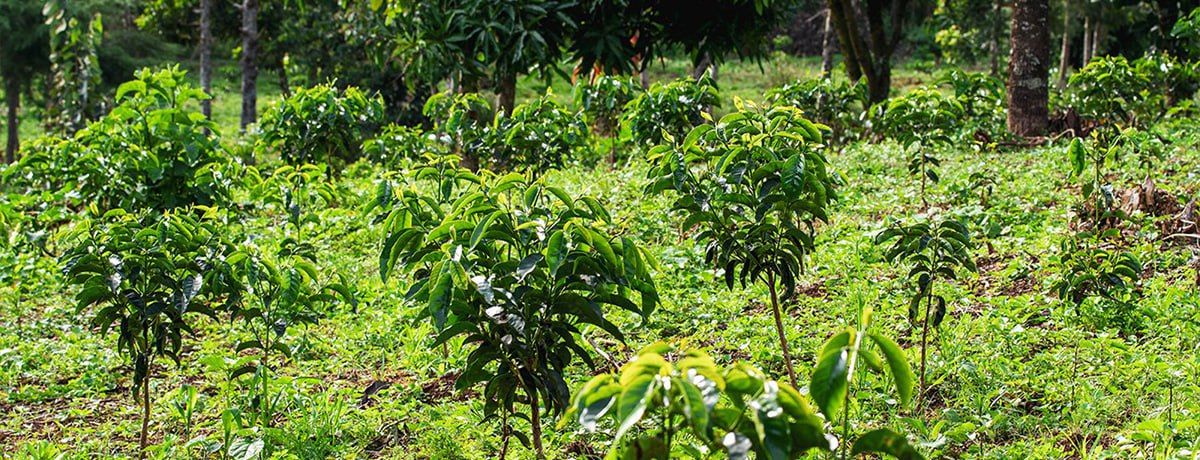
WCR announced the release of the Arabica coffee genetic fingerprint database.
WCR announced the release of the Arabica coffee genetic fingerprint database.
World Coffee Research (WCR) announced the release of an Arabica coffee genetic fingerprint database, which is expected to make variety authentication cheaper and simpler.
According to WCR CEO Jennifer Vern Long, Ph.D., "This exceptional achievement brings new technology to coffee to significantly reduce quality control costs and ensure the future of coffee agriculture. Dr.Jennifer emphasized WCR’s commitment to the widespread adoption of this new global public good for the coffee industry by all parties involved in planting new trees, including funders, implementers, producers, and public institutions.
Verification of coffee types guarantees that growers around the world have access to high-quality plant material. The reference database was validated and refined by World Coffee Research using over 30,000 leaf samples from trees in six countries (Guatemala, Honduras, El Salvador, Nicaragua, Costa Rica, and Peru) between 2021 and 2023, with plans to add fingerprints for additional varieties in the coming months and years. El Salvador serves as an illustration of the considerable influence such a technology can have on the large-scale production of coffee. As part of its commitment to reviving the nation's coffee industry, the government of El Salvador is implementing a countrywide restoration plan with the aim of producing and dispersing more than 150 million plants over the next ten years. In order to enable both public and private labs to use the database in a number of ways, WCR is making it publicly available to the scientific community. Interested in reading more about WCR engagement in Ethiopia? Click on the links below.
https://sinopiacoffee.com/news/348-the-eiar-ecta-and-wcr-are-working-on-improving-ethiopian-coffee-varieties , https://sinopiacoffee.com/news/325-a-global-coffee-breeding-network-launched
The British Coffee Association reported that Britons drink 98 million cups of coffee each day.
The British Coffee Association reports that Britons now drink about 98 million cups of coffee each day, which is very close to the 100 million cups of tea consumed daily. According to a study published in Statista’s global consumer review of the United Kingdom, 63% of the 2,400 people surveyed said they regularly drank coffee, compared with 59% who only drank tea. Shopping habits have changed, too, with more than 533 million packs of coffee bought in supermarkets over the past 12 months compared with 287 million packs of tea, recent Kantar research found. The British Coffee Association reports that Britons now drink about 98 million cups of coffee each day.
The United Kingdom ranks among the largest European coffee-consuming markets and is a key market for certified coffee. The United Kingdom imported about 148,000 metric tons of green coffee in 2021, making it Europe’s eighth-largest green coffee importer. Recent data from the ECTA shows the UK ranked 15th among the largest Ethiopian coffee importers, next to France and Jordan and just above the Netherlands and Israel.
